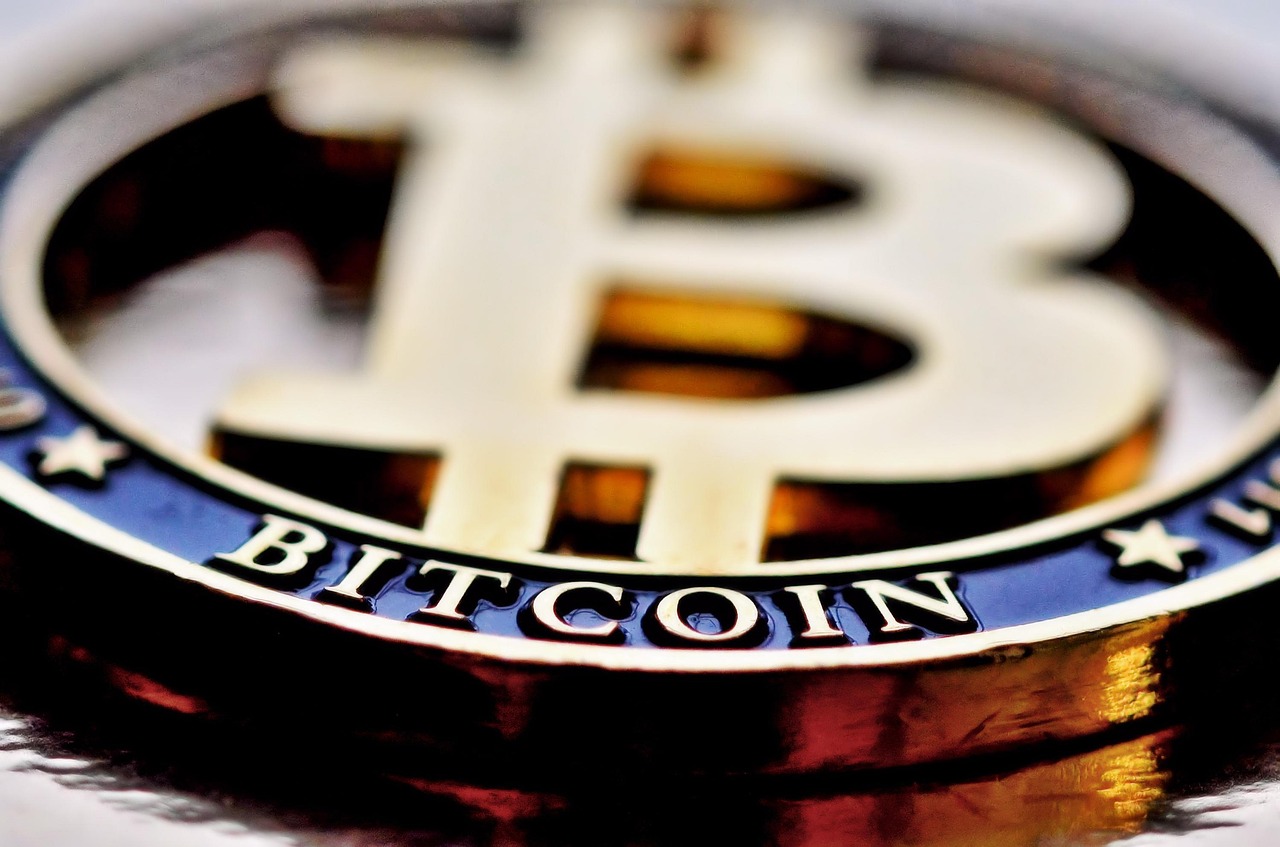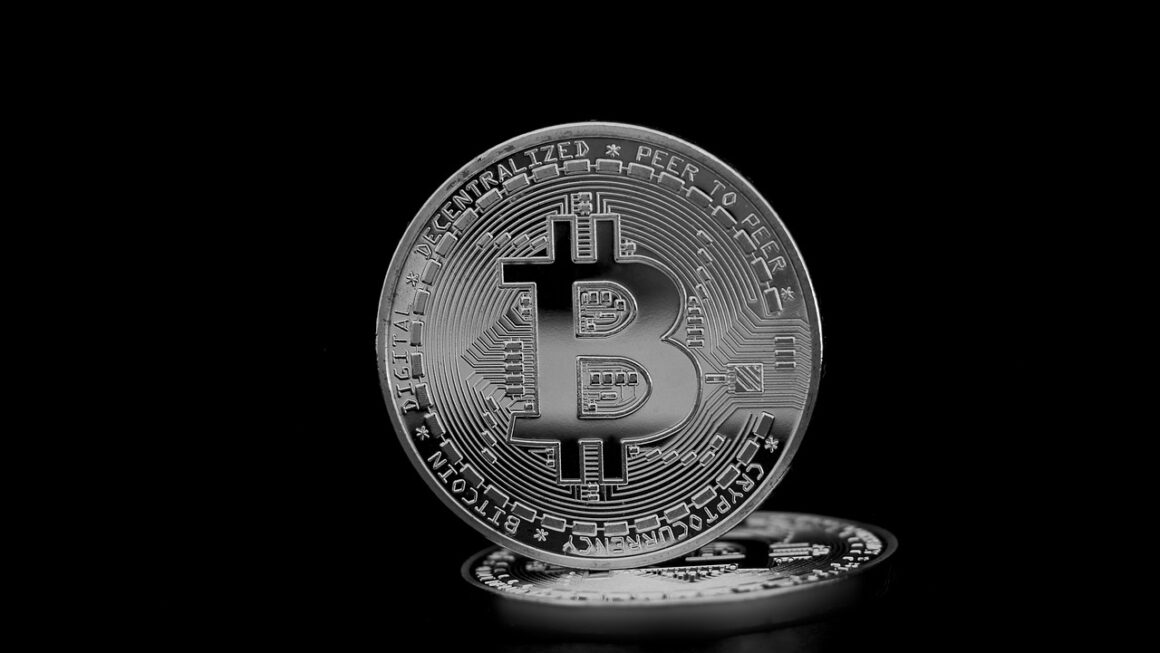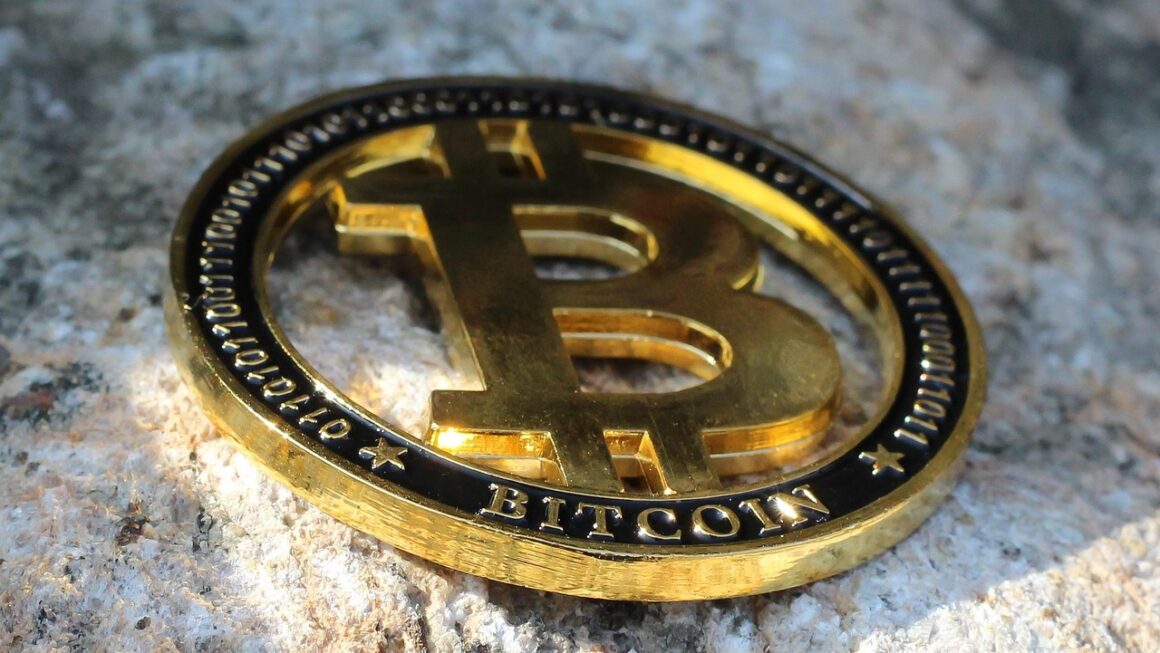Beyond Bitcoin: Exploring the World of Altcoins
Cryptocurrencies have revolutionized the financial landscape, and while Bitcoin often steals the spotlight, a vast universe of alternative cryptocurrencies, known as altcoins, offers diverse functionalities and investment opportunities. This blog post delves into the intricacies of altcoins, exploring their types, benefits, risks, and how they compare to Bitcoin, providing you with a comprehensive guide to navigate this dynamic market.
What are Altcoins?
Defining Altcoins
Altcoins, short for “alternative coins,” are any cryptocurrencies other than Bitcoin. They emerged to improve upon Bitcoin’s limitations or to offer unique functionalities, applications, or features. Some aim for faster transaction speeds, enhanced privacy, or more efficient consensus mechanisms. The cryptocurrency market has thousands of altcoins, each with its own characteristics and underlying technology.
Key Differences Between Altcoins and Bitcoin
While Bitcoin is the pioneering cryptocurrency, altcoins differentiate themselves in several ways:
- Technology: Altcoins often employ different consensus mechanisms, such as Proof of Stake (PoS) or Delegated Proof of Stake (DPoS), instead of Bitcoin’s Proof of Work (PoW).
- Functionality: Some altcoins are designed for specific use cases, like smart contracts (Ethereum) or fast microtransactions (Litecoin).
- Supply: Altcoins can have different maximum supply limits or token distribution models than Bitcoin.
- Development: Altcoins may have more active development teams or faster upgrade cycles compared to Bitcoin.
- Community: Each Altcoin has its own unique community that supports the coin.
Examples of Popular Altcoins
- Ethereum (ETH): A platform for building decentralized applications (dApps) and smart contracts.
- Ripple (XRP): Focused on facilitating fast and low-cost international payments.
- Litecoin (LTC): Designed for faster transaction confirmations than Bitcoin.
- Cardano (ADA): Emphasizes a scientific and research-driven approach to blockchain development.
- Solana (SOL): Known for its high transaction speeds and scalability.
- Dogecoin (DOGE): Started as a meme coin but gained popularity due to its community and use as a tipping system.
Types of Altcoins
Mining-Based Altcoins
These altcoins, like Bitcoin, use Proof of Work (PoW) to validate transactions and secure the network. Miners compete to solve complex cryptographic puzzles, earning newly minted coins as a reward. Examples include Litecoin and Monero.
Staking-Based Altcoins
Staking-based altcoins utilize Proof of Stake (PoS) or its variations. Instead of mining, users stake their coins to validate transactions and earn rewards. PoS is often considered more energy-efficient than PoW. Cardano and Solana are prominent examples.
Stablecoins
Stablecoins are cryptocurrencies designed to maintain a stable value, typically pegged to a fiat currency like the US dollar or another asset like gold. They aim to provide the benefits of cryptocurrencies without the price volatility. Examples include Tether (USDT), USD Coin (USDC), and Dai (DAI). These coins are generally backed by cash reserves or other types of assets.
Governance Tokens
Governance tokens give holders the right to vote on proposals and decisions related to the development and management of a blockchain project. This allows for decentralized governance and community involvement. Examples include Maker (MKR) and Compound (COMP).
Utility Tokens
Utility tokens provide access to specific products or services within a blockchain ecosystem. They are not designed as investments but rather as a means to interact with a platform or application. Examples include Basic Attention Token (BAT) and Chainlink (LINK).
Benefits and Risks of Investing in Altcoins
Potential Benefits
- High Growth Potential: Altcoins can offer significant returns if the underlying technology or project gains traction. Bitcoin has already experienced huge growth, so Altcoins can have greater upside potential due to their smaller starting size.
- Diversification: Investing in altcoins can diversify a cryptocurrency portfolio beyond Bitcoin.
- Innovation: Altcoins often introduce new features and technologies that can disrupt existing industries.
- Specific Use Cases: Altcoins may target niche markets or solve specific problems, offering unique value propositions.
Potential Risks
- Volatility: Altcoins are generally more volatile than Bitcoin, making them riskier investments.
- Liquidity: Some altcoins have low trading volumes and limited liquidity, making it difficult to buy or sell quickly.
- Scams: The altcoin market is prone to scams and fraudulent projects, requiring careful due diligence.
- Regulatory Uncertainty: The regulatory landscape for cryptocurrencies is still evolving, and altcoins may face legal challenges.
- Project Failure: Many altcoin projects fail to deliver on their promises or lack sustainable business models.
Practical Tips for Evaluating Altcoins
- Research the Team: Investigate the background and experience of the project’s founders and developers.
- Analyze the Whitepaper: Understand the project’s goals, technology, and tokenomics.
- Assess the Community: Evaluate the size and engagement of the project’s community.
- Review the Code: If possible, examine the project’s code on platforms like GitHub to assess its quality and security.
- Monitor Market Sentiment: Track news, social media, and online forums to gauge market sentiment and identify potential risks.
Altcoins vs. Bitcoin: A Comparative Analysis
Market Capitalization and Dominance
Bitcoin has the largest market capitalization and dominates the cryptocurrency market. Altcoins collectively represent a significant portion of the market, but individual altcoins typically have much smaller market caps than Bitcoin. This makes Altcoins generally have higher volatility.
Scalability and Transaction Speed
Some altcoins offer faster transaction speeds and higher scalability than Bitcoin, addressing concerns about Bitcoin’s limitations. For example, Litecoin aims to confirm transactions around 4 times faster than Bitcoin.
Decentralization and Security
Bitcoin is considered highly decentralized and secure due to its large network and Proof of Work consensus mechanism. Altcoins may have varying levels of decentralization and security, depending on their consensus mechanisms and network size.
Use Cases and Applications
Bitcoin is primarily used as a store of value and a digital currency. Altcoins often target specific use cases, such as smart contracts, decentralized finance (DeFi), or supply chain management, offering a wider range of applications.
Practical Example: Bitcoin vs. Ethereum
Bitcoin is designed to be a peer-to-peer electronic cash system, while Ethereum is a platform for building decentralized applications. Investing in Bitcoin is like investing in digital gold, whereas investing in Ethereum is like investing in the infrastructure for the future of the internet.
How to Buy and Store Altcoins
Choosing a Cryptocurrency Exchange
Several cryptocurrency exchanges offer a wide selection of altcoins. Popular exchanges include Binance, Coinbase, Kraken, and KuCoin. Consider factors such as fees, security, supported currencies, and user interface when choosing an exchange.
Setting Up a Cryptocurrency Wallet
Cryptocurrency wallets are used to store, send, and receive altcoins. There are different types of wallets:
- Hardware Wallets: Physical devices that store private keys offline, offering the highest level of security. Examples include Ledger and Trezor.
- Software Wallets: Applications installed on computers or mobile devices. Examples include Exodus and Trust Wallet.
- Web Wallets: Accessed through a web browser. Examples include MyEtherWallet and MetaMask.
- Exchange Wallets: Provided by cryptocurrency exchanges. These are convenient but less secure than other wallet types.
Security Best Practices
- Enable Two-Factor Authentication (2FA): Add an extra layer of security to your exchange and wallet accounts.
- Use Strong Passwords: Create unique and complex passwords for all your accounts.
- Store Private Keys Safely: Keep your private keys offline and in a secure location.
- Be Aware of Phishing Scams: Be cautious of suspicious emails or websites that try to steal your private keys.
Conclusion
The world of altcoins is diverse and rapidly evolving, offering exciting opportunities and significant risks. By understanding the different types of altcoins, their potential benefits, and the associated risks, you can make informed investment decisions and navigate this dynamic market. Always conduct thorough research and exercise caution when investing in altcoins, and remember that diversification is key to managing risk in the cryptocurrency space.
Read our previous article: Beyond Gaming: VRs Unexpected Renaissance In Mental Healthcare




